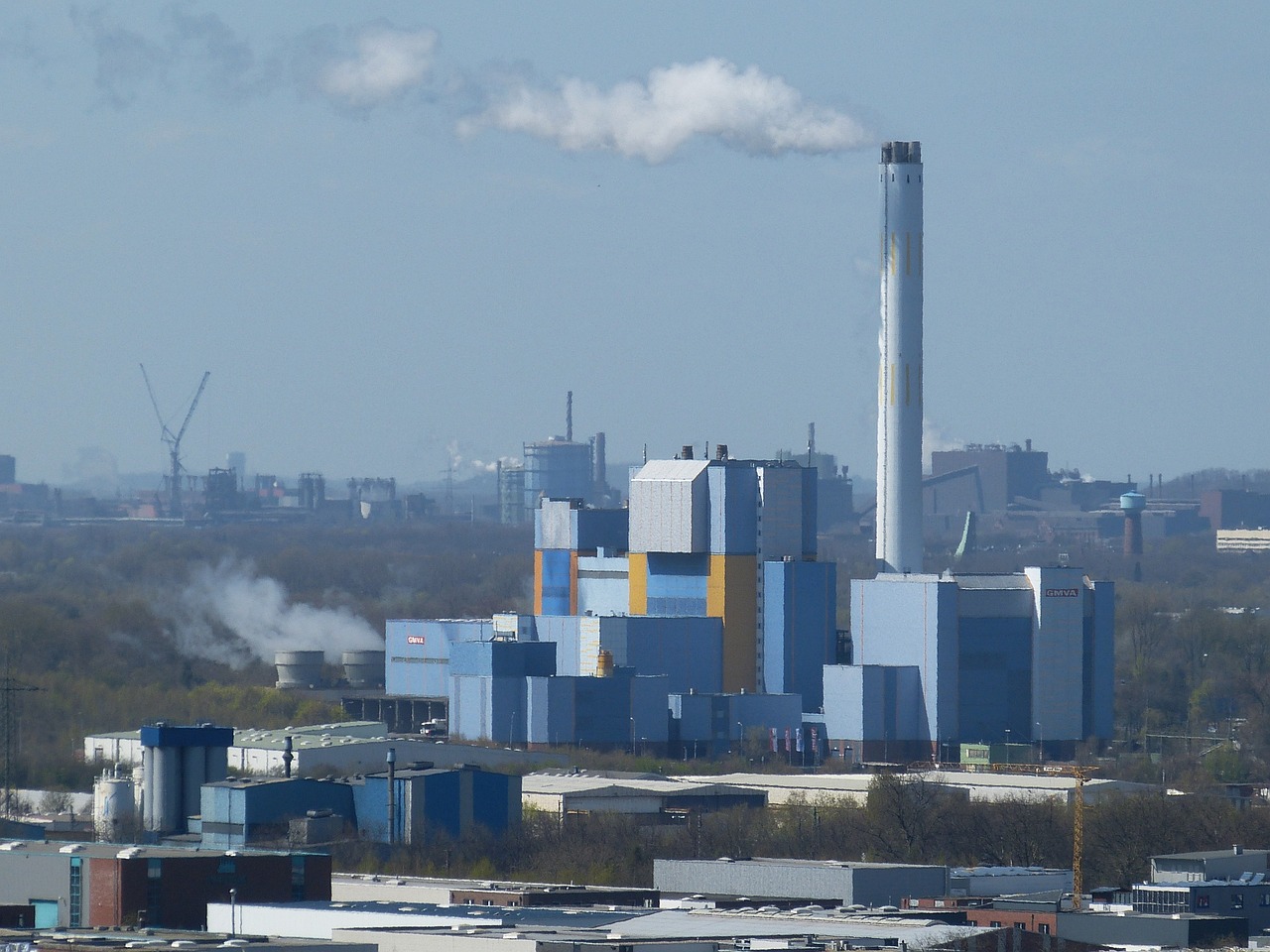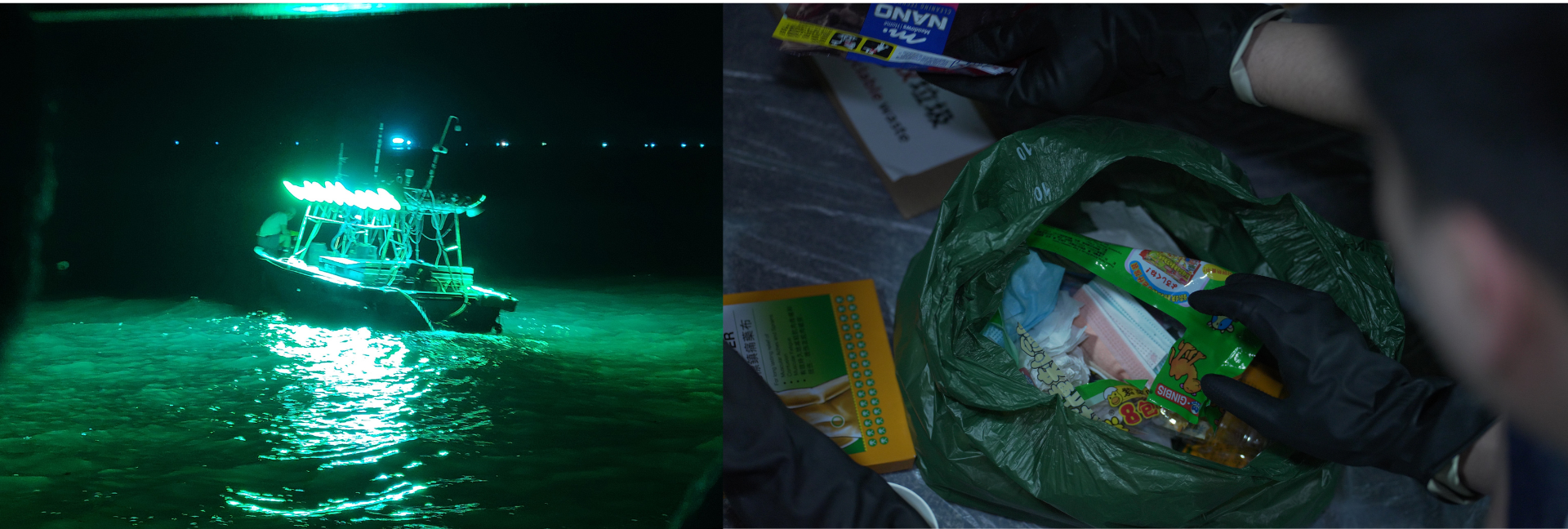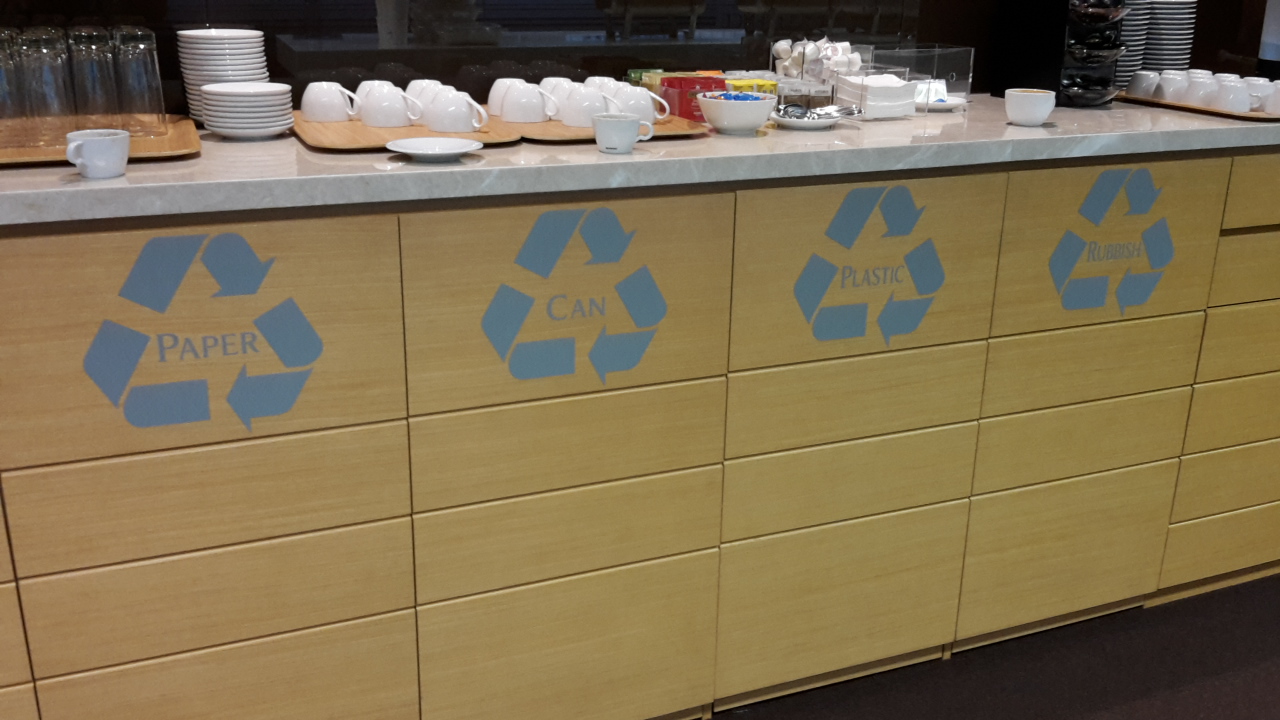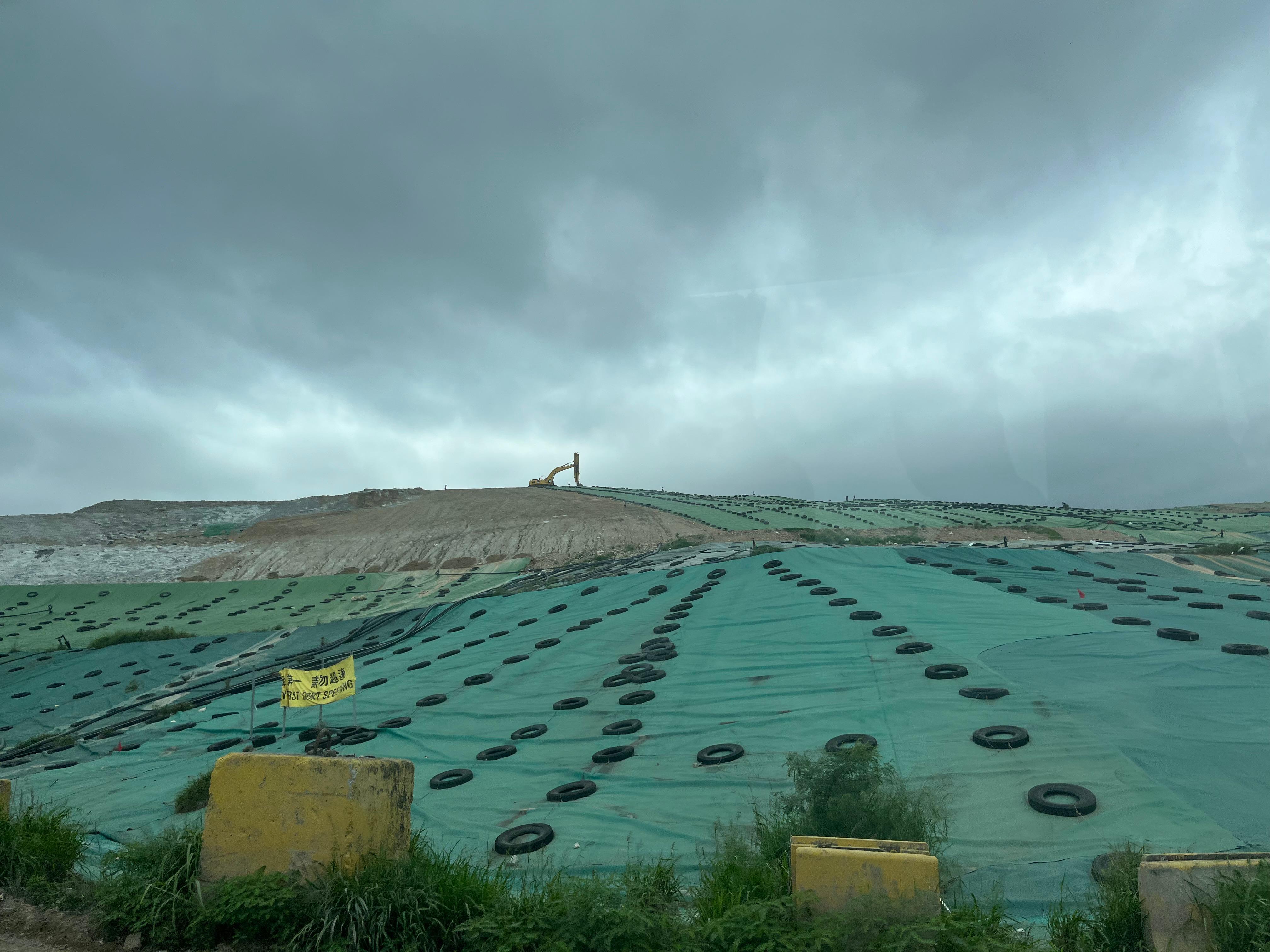Incinerators Are Not The Solution To City’s Waste Crisis

(25 July 2024 SCMP)
Since the government’s waste-charging scheme was shelved in May, public concern over waste disposal has largely subsided. However, this doesn’t mean Hong Kong’s waste crisis has disappeared, and the public can forget about it.
The environmental authorities announced last month that I·PARK1, Hong Kong’s first “waste-to-energy” incinerator, as it is euphemistically called, could be operational next year. The incinerator is part of the plan to stop relying on landfills by 2035 and will have a daily capacity of 3,000 tonnes.
A second incinerator, I·PARK2, could have a larger daily capacity of up to 6,000 tonnes. A third one is already being considered, but could the authorities be getting ahead of themselves?
The city disposed of a daily average of 11,128 tonnes of municipal solid waste in 2022. A medium-term target in the Waste Blueprint for Hong Kong 2035 is a 40 to 45 per cent reduction in per capita waste disposal.
Given how achievable the target is, is there a need to push the two incinerators’ combined capacity to 9,000 tonnes a day? I·PARK2 is unlikely to be running at full capacity, let alone a third facility.
Should there be excessive incineration capacity, the public may not be vigilant in practising waste reduction or recycling. Let’s not forget that the vision set out in the waste blueprint includes resources circulation.
A waste-to-energy facility generating 1 kWh of electricity produces 580g of carbon dioxide, compared to 340g generated by a conventional power plant. The authorities shouldn’t paint a rosy picture of incinerators to win buy-in.
Continuous public education is a must to effectively change our waste disposal practices. Once people are aware of the environmental issues and our responsibility to resolve them, we can tackle the waste problem regardless of regulations or incentives.
The authorities should quickly catch up on implementing real solutions instead of spending hefty amounts on white elephants and adding to the city’s fiscal deficit.
Edwin Lau Che-feng, founder and executive director, The Green Earth
Source: Incinerators Are Not The Solution To City’s Waste Crisis

 繁
繁 綠惜教育活動
綠惜教育活動

 2024-07-25
2024-07-25
 返回
返回
 2022-07-08
2022-07-08



